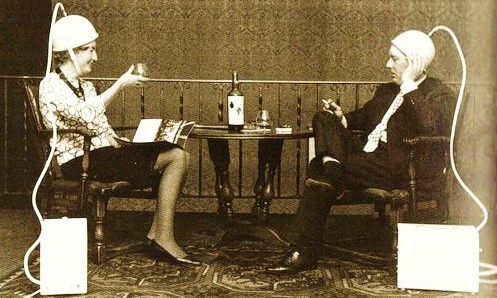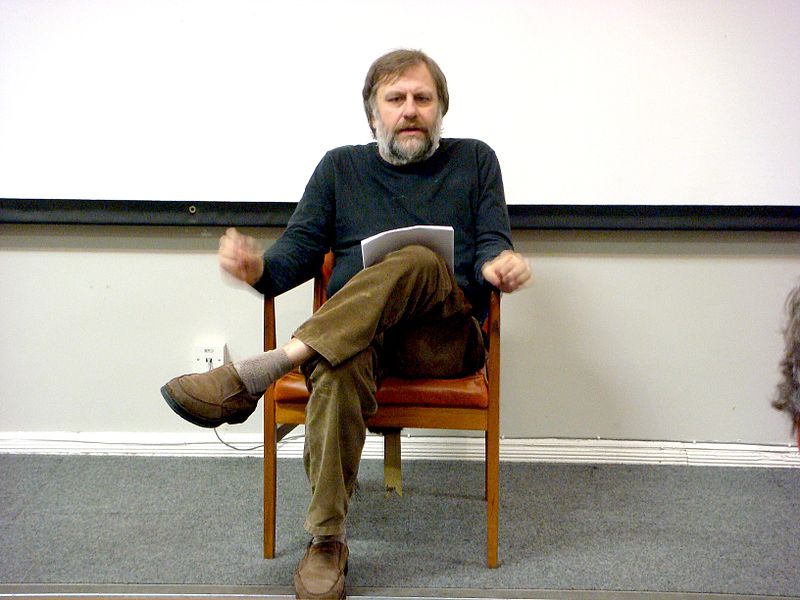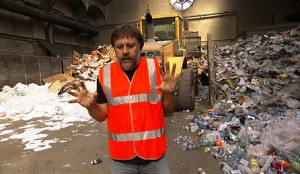I think Astra Taylor is wonderful, but I doubt her idealistic hopes for the Digital Age will be realized, not because of a lack of will, but because they’re antithetical to the very nature of a society interconnected by smart technology.
Getting rid of the corporate and government intrusion of personal data is probably as realistic as completely taming the Internet’s anarchic side. Those thorny things are with us for good. Unplugging will be all but impossible, especially as the actual plugs increasingly disappear. The Internet of Things will become the thing, and going in another direction will be a bridge too far.
There’ll likely be a growing number of splinter societies that attempt to retreat from the mainstream, but they’ll be tenuous and not necessarily positive. A lack of oversight of all kinds will become the norm. I think it has already.
There are policy solutions for combating, say, the excesses of the Gig Economy and other elements of Techno-Libertarianism, but there’s really none for the larger machine we’ve placed ourselves within, one that isn’t only political or idealistic but literal as well. It’s beyond control.
Does that make me hopeless or just a realist?
From Joel Achenbach at the Washington Post:
Astra Taylor’s iPhone has a cracked screen. She has bandaged it with clear packing tape and plans to use the phone until it disintegrates. She objects to the planned obsolescence of today’s gadgetry, and to the way the big tech companies pressure customers to upgrade.
Taylor, 36, is a documentary filmmaker, musician and political activist. She’s also an emerging star in the world of technology criticism. She’s not paranoid, but she keeps duct tape over the camera lens on her laptop computer — because, as everyone knows, these gadgets can be taken over by nefarious agents of all kinds.
Taylor is a 21st-century digital dissenter. She’s one of the many technophiles unhappy about the way the tech revolution has played out. Political progressives once embraced the utopian promise of the Internet as a democratizing force, but they’ve been dismayed by the rise of the “surveillance state,” and the near-monopolization of digital platforms by huge corporations.
Last month, Taylor and more than 1,000 activists, scholars and techies gathered at the New School in New York City for a conference to talk about reinventing the Internet. They dream of a co-op model: people dealing directly with one another without having to go through a data-sucking corporate hub.
“The powerful definitely do not want us to reboot things, and they will go to great lengths to stop us, and they will use brute force or they will use bureaucracy,” Taylor warned the conferees at the close of the two-day session.•




